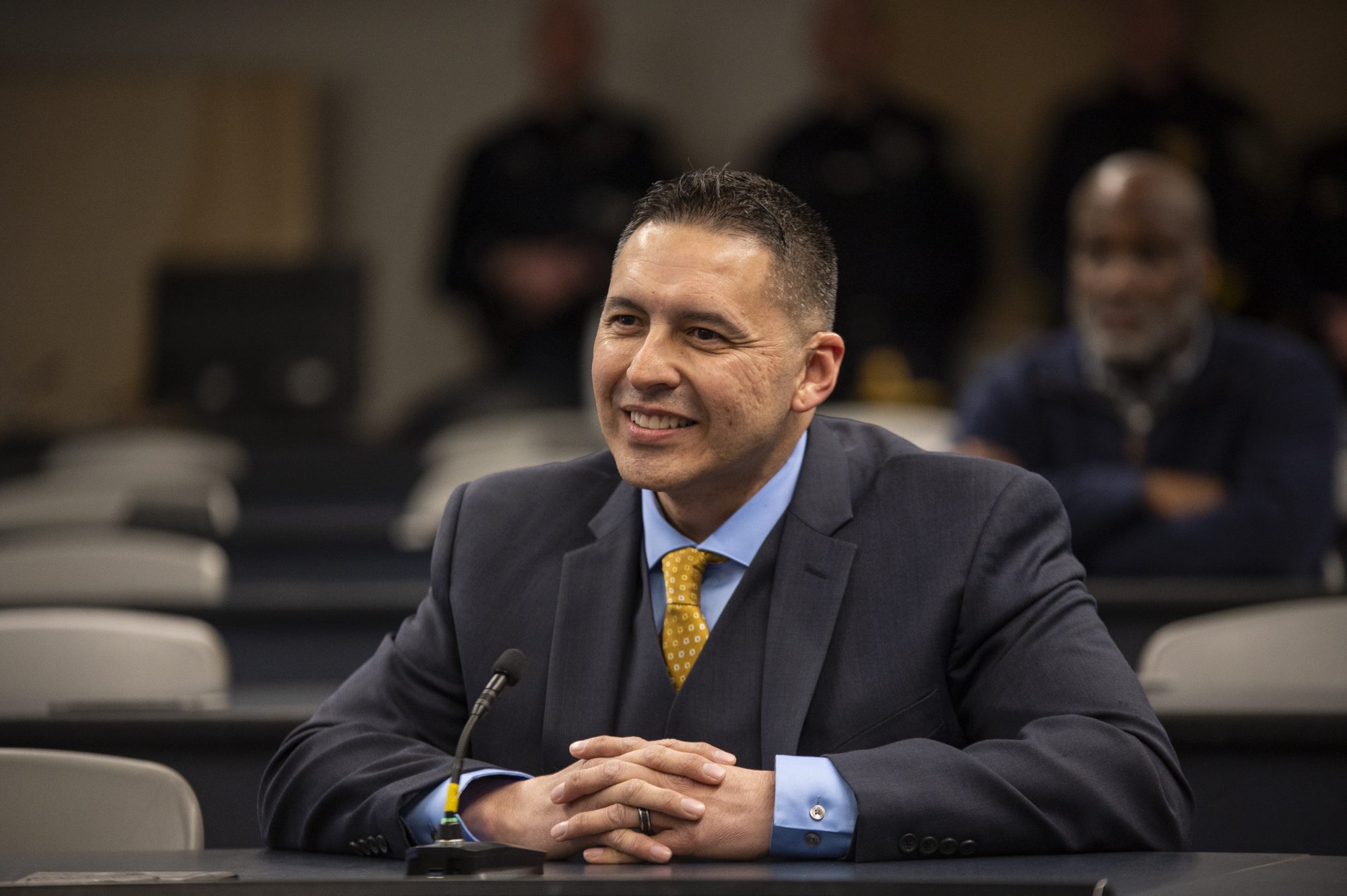SWAMPSCOTT — The Massachusetts Police Accreditation Commission (MPAC) has reviewed and reaffirmed the police department’s voluntary accreditation.
“Becoming MPAC-accredited demonstrates that our department is following a carefully-selected set of standards and practices,” said Chief Ruben Quesada. “It ensures that all facets of our operations have been assessed, reviewed and recognized as the most forward-thinking and up-to-date in policing practices.”
The Swampscott Police Department was first awarded its MPAC accreditation in 2018 for a period of three years. This time around, it was important for the department to align itself with the tenets of the Massachusetts Police Reform Act of 2020 and the President’s Task Force on 21st Century Policing, said Quesada.
The MPAC voluntary accreditation process consists of two stages. First, police departments go through a certification program that evaluates whether a department meets 159 carefully selected standards, all of which are mandatory. Next, the MPAC applies an additional 98 standards to conclude a full comprehensive accreditation process.
The MPAC standards cover such topical areas as agency’s authority, jurisdiction and use of force; recruitment and promotion of personnel; training and discipline; patrol, traffic operations and criminal investigations; victims and witnesses assistance; emergency response planning; records and communications; collection and preservation of evidence.
The accreditation provides the department with a blueprint on how to best serve the community, said Quesda, while the town benefits by having a highly-trained and professional police department that adheres to national best standards and practices.
“(Swampscott) residents can be confident that our department will operate in a manner that is consistent with all applicable regulations from the federal, state, and local level. As this is a reaccreditation, this is a validation that we are maintaining and upholding the rigorous standards of the program,” said Quesada.
The police department is aiming to use the MPAC accreditation as a stepping stone to the Commission on Accreditation for Law Enforcement Agencies (CALEA) accreditation, which is a nationally recognized credentialing authority.
“Our commitment is to learning, self-assessment, and instilling professionalism into all of our practices to serve our community in a manner that they should come to expect and rightfully deserve,” Quesada said.
Alena Kuzub can be reached at [email protected].

